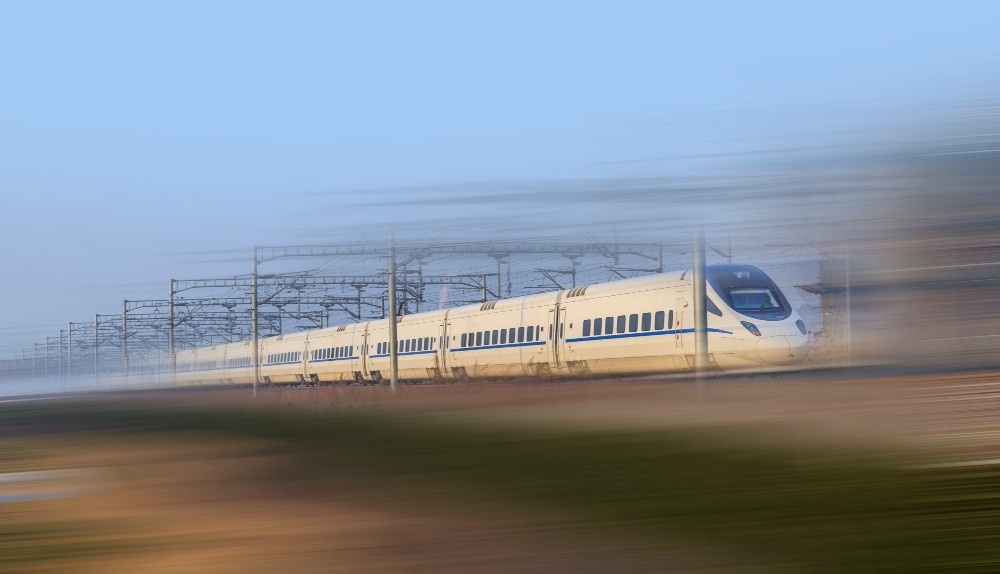
7 Key Design Considerations for Cold Chain Storage and Logistics
As the global demand for perishable goods increases, the cold chain plays a critical role in ensuring that products like food, pharmaceuticals, and chemicals are stored and transported at optimal temperatures. In a cold chain, temperature-sensitive products are transported along a supply chain by using thermal and refrigerated packaging, logistics planning, and monitoring.
A country like India, which experiences severe climatic conditions, can’t ignore the importance of cold chain logistics. A proper design and management of cold chain storage and logistics is essential for maintaining perishable product quality, safety, and efficacy.
In this article, we explore the key design considerations businesses should keep in mind when planning cold chain storage and logistics with help from VMS Consultants.
7 Key Design Considerations for Cold Chain Storage and Logistics
Understand Your Product Requirements
The first step in designing an effective cold chain system is to understand the specific temperature requirements of the products being stored and transported. Different products have different temperature needs.
For instance, pharmaceuticals may require storage at a constant temperature of 2-8°C, while frozen foods need to be kept at -18°C or lower.
Understanding these requirements help you in determining the type of refrigeration equipment, packaging, and transportation methods needed.
Choose the Right Refrigeration Technology
In cold chain storage and logistics, the choice of refrigeration technology is crucial. There are several types of refrigeration systems available, including vapor compression systems, absorption refrigeration, and cryogenic cooling.
The selection depends on factors such as the product’s temperature requirements, energy efficiency, cost, and the specific conditions of the storage facility or transport vehicle.
In India, where electricity supply can be inconsistent in certain regions, it is essential to choose a refrigeration system that can operate efficiently under varying conditions. Backup power solutions, such as generators or solar power, should also be considered to ensure uninterrupted cooling.
Design for Energy Efficiency
Energy consumption is one of the most significant operational costs in cold chain logistics. Designing energy-efficient cold storage facilities and transport vehicles can lead to substantial cost savings and reduced environmental impact.
Proper insulation, energy-efficient refrigeration systems, and the use of renewable energy sources like solar panels are some ways to enhance energy efficiency.
Ensure Proper Insulation
Insulation is a critical component of cold chain storage and logistics. Proper insulation minimizes heat exchange between the external environment and the stored products, ensuring that the desired temperature is maintained. The choice of insulation materials, such as polyurethane foam, extruded polystyrene, or vacuum insulation panels, depends on the specific requirements of the storage facility or transport vehicle.
In addition to the walls and floors, doors and windows also need to be adequately insulated to prevent temperature fluctuations. Air curtains and strip curtains can be used at entry points to minimize the loss of cool air when doors are opened.
Implement Advanced Monitoring and Control Systems
Maintaining the integrity of the cold chain requires continuous monitoring and control of temperature conditions throughout the storage and transportation process.
Advanced monitoring systems equipped with sensors, data loggers, and real-time tracking technology can provide accurate temperature readings and alert operators to any deviations from the desired temperature range.
These systems can be integrated with IoT (Internet of Things) technology to enable remote monitoring and control. Corrective measures can be taken immediately in the event of a temperature excursion, reducing spoilage risks.
Plan for Logistics and Transportation
Maintaining the cold chain requires efficient logistics and transportation. Designing cold chain logistics should take into account routes, delivery schedules, and vehicle designs. Choosing the right mode of transport—whether it be refrigerated trucks, railcars, or air freight—depends on the distance, type of product, and required delivery time.
There is a wide variation in the quality of roads, availability of cold storage facilities at transit points, and the reliability of the transportation network in India. A well-coordinated logistics process and contingency plans for disruptions are essential to ensuring cold chain continuity.
Compliance with Regulatory Standards
Compliance with national and international regulatory standards is a critical aspect of cold chain design. In India, the Food Safety and Standards Authority of India (FSSAI) has set guidelines for the transportation and storage of perishable goods.
Additionally, international standards such as the Good Distribution Practices (GDP) for pharmaceuticals and the Hazard Analysis and Critical Control Points (HACCP) for food safety must be adhered to.
Conclusion
Designing a cold chain storage and logistics system requires careful consideration of a variety of factors, from product requirements to refrigeration technology to energy efficiency. Considering the climatic challenges as well as the variability of infrastructure in the Indian context, a holistic approach to cold chain design is crucial.
For businesses looking to optimize their cold chain operations, VMS Consultants, Best factory Architect in India – offers expert guidance and engineering solutions tailored to meet your specific needs.
Contact us today to ensure the integrity and efficiency of your cold chain logistics.




